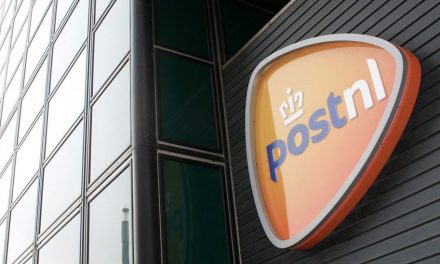
PostNL agrees union deal based on 1.7% pay rise
PostNL has agreed in principle to a 1.7% pay rise for workers, under a new deal with the trade unions Abvakabo FNV, BVPP, CNV Publieke Zaak and VPP. The Dutch postal service said the agreement includes a 0.4% additional increase that will happen if the unions agree to changes it wants to make to the pension scheme.
A salary increase of 1.1% will be effective as of 1st December, 2012, followed by a 0.6% rise at the start of 2013. The deal also includes a profit-sharing plan for 2011 and 2012, which will see PostNL paying a 2% bonus in March 2013, with respect to 2011.
A new profit-sharing scheme is to be developed during the course of the collective labour agreement, which runs partly retrospectively, from 1st January 2012 to 1st April 2013.
After a year of negotiations, PostNL said the agreement was a “good balance” of its own needs and the demands of the unions. The unions said that considering the difficult circumstances at the company, the deal was the “most feasible” available.
It remains subject to a vote by the unions’ members.
Herna Verhagen, the PostNL chief executive, said: “We have found a good balance in the objectives we wanted to attain together with regards to the pensions, social plan and salary increase. This creates clarity for our employees.”
PostNL said the union deal will extend the current social plan until 1st January 2014.
The agreement for a 1.7% pay rise comes as PostNL struggles with difficult operating conditions in its core mail business, with mail volumes down 10% on last year thanks to increasing use of Internet communications and the slow economy.
PostNL has been attempting to reorganise its mail delivery network, but initial plans hit service quality. The company has recently begun fresh trials on a revised approach.
Pension
The long negotiations for the new collective labour deal was being held up by discussions over the new pension scheme.
PostNL and the unions will now be submitting a joint proposal to the PostNL pension fund for 2014 onwards, attempting to reduce pension costs and limit the risk of PostNL having to make top-up payments.
The pension fund will have to test the feasibility of the “future proof” plans in the coming months, after which the unions will present the proposals to their members for formal approval.
A pension contribution of 6% will be introduced for new employees from the start of next month, while current employees will pay a 2% contribution from 1st January.
PostNL also agreed with union demands over transitional pension arrangements for workers that become part-time, in a move that will end legal action by the unions.
Union members will be receiving detail information on the agreement soon, ahead of a vote.
According to BVPP, the new labour agreement runs only until April 2013 because the two sides want certainty on the new pension arrangements, and on how the reorganisation of PostNL will proceed. The union said the solution agreed with PostNL was “viable”, but could be amended by the pension fund.
Paul Jekkers and Toon van Dun, negotiators for the BVPP, said: “After long negotiations we are satisfied and hope the members will also be satisfied, after they have received more detailed explanation.”










